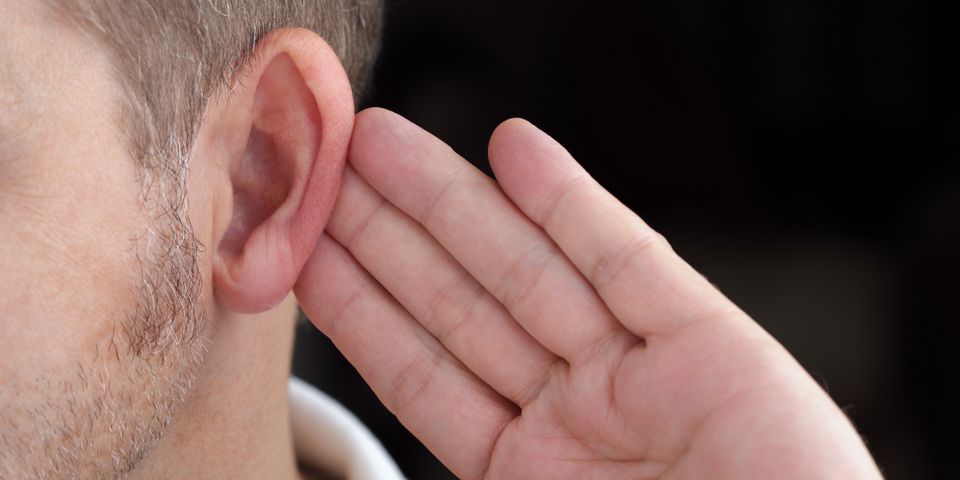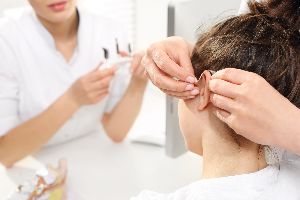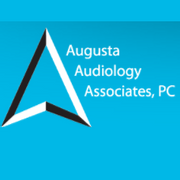
Listening to music, talking with friends, or waking up to an alarm clock are a few of the everyday activities that can be impacted by hearing loss. This common problem has several causes and can affect people of all ages. The good news is there are treatments and devices that can help. Here are a few ways hearing can be damaged.
Causes of Hearing Loss
1. Damage to the Inner Ear
The ear consists of three main parts: outer, middle, and inner. When sound waves enter your outer ear, they cause the eardrum to vibrate. Those vibrations are amplified as they travel through the middle ear and into the inner ear where they pass through a fluid-filled bone called the cochlea. Inside this tiny, snail-shaped structure, thousands of small hairs turn the vibrations into electrical signals, which the brain interprets as sound.
Aging and exposure to loud noise can damage the small hairs in the cochlea, impairing their ability to transmit signals to the brain. This is the most common cause of hearing loss. Those who experience inner ear damage may have difficulty hearing high-pitched tones, such as the voices of women or small children. They may also have a harder time picking up distinct conversations against background noise, such as in a crowded restaurant.
2. Ruptured Eardrum

A blast of loud noise, a sudden change in pressure, or sticking an object like a cotton swab in your outer ear can rupture your eardrum. This interrupts the ability of sound waves to pass through your ear and affects your hearing. Sounds in the affected ear will be muffled, and you may also experience dizziness, nausea, and a bloody discharge from your ear.
While a ruptured eardrum can cause sudden, sharp pain, some people experience no pain. If you suspect you have a ruptured eardrum, seek medical attention immediately. The eardrum will usually heal, and hearing most likely will return once the hole has closed or been surgically patched. However, if left untreated, a ruptured eardrum can result in permanent hearing loss.
3. Injury, Disease, and Genetics
Hearing loss can be a symptom of medical conditions such as diabetes and high blood pressure. Serious ear infections caused by viruses or bacteria can damage the inner ear and cause hearing problems. Conditions affecting the brain, such as a tumor, traumatic injury, or a stroke can interfere with its ability to interpret sounds, resulting in a loss of hearing.
Some hereditary issues can affect hearing. Otosclerosis, a genetic condition, causes abnormal bone growth that can prevent the middle ear from working properly. These issues can show up at birth or later in life.
Whether you are experiencing hearing loss due to age, injury, or genetics, Augusta Audiology Associates in Fisherville, VA, can help. We have provided comprehensive hearing health care services for more than 27 years. We offer rehabilitation and assistive devices with a personalized touch to help you and your loved ones understand your hearing loss. To speak with an expert, call (540) 332-5790. Visit our website to explore our services.
About the Business
Have a question? Ask the experts!
Send your question

